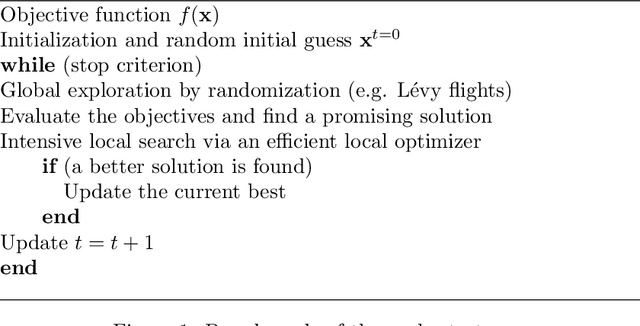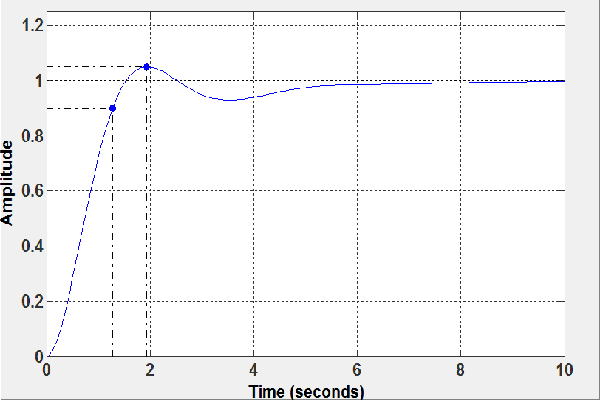Applications and Analysis of Bio-Inspired Eagle Strategy for Engineering Optimization
Paper and Code
Aug 22, 2014

All swarm-intelligence-based optimization algorithms use some stochastic components to increase the diversity of solutions during the search process. Such randomization is often represented in terms of random walks. However, it is not yet clear why some randomization techniques (and thus why some algorithms) may perform better than others for a given set of problems. In this work, we analyze these randomization methods in the context of nature-inspired algorithms. We also use eagle strategy to provide basic observations and relate step sizes and search efficiency using Markov theory. Then, we apply our analysis and observations to solve four design benchmarks, including the designs of a pressure vessel, a speed reducer, a PID controller and a heat exchanger. Our results demonstrate that eagle strategy with L\'evy flights can perform extremely well in reducing the overall computational efforts.
 Add to Chrome
Add to Chrome Add to Firefox
Add to Firefox Add to Edge
Add to Edge